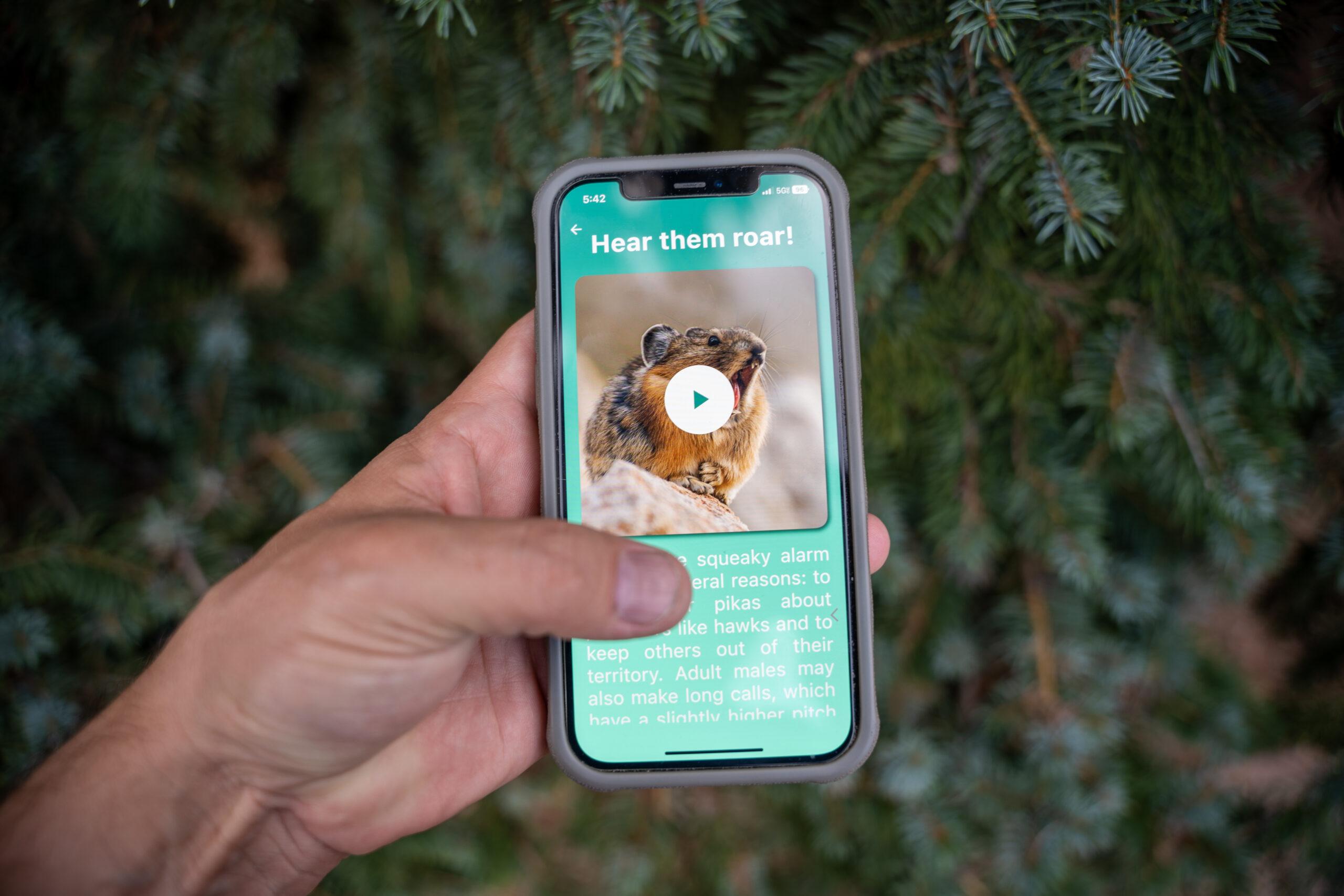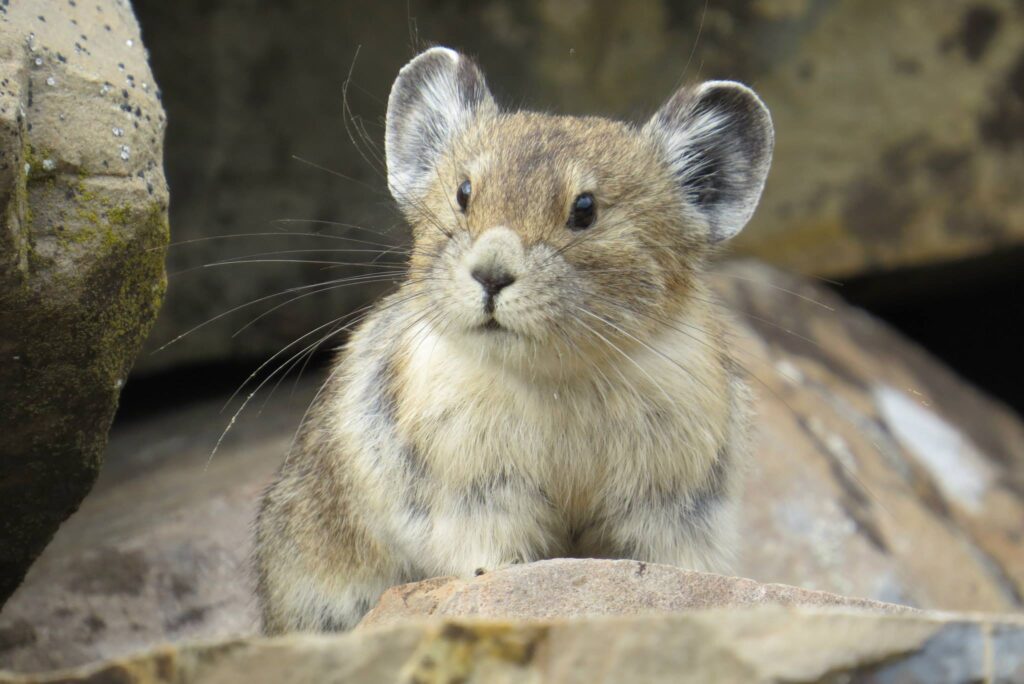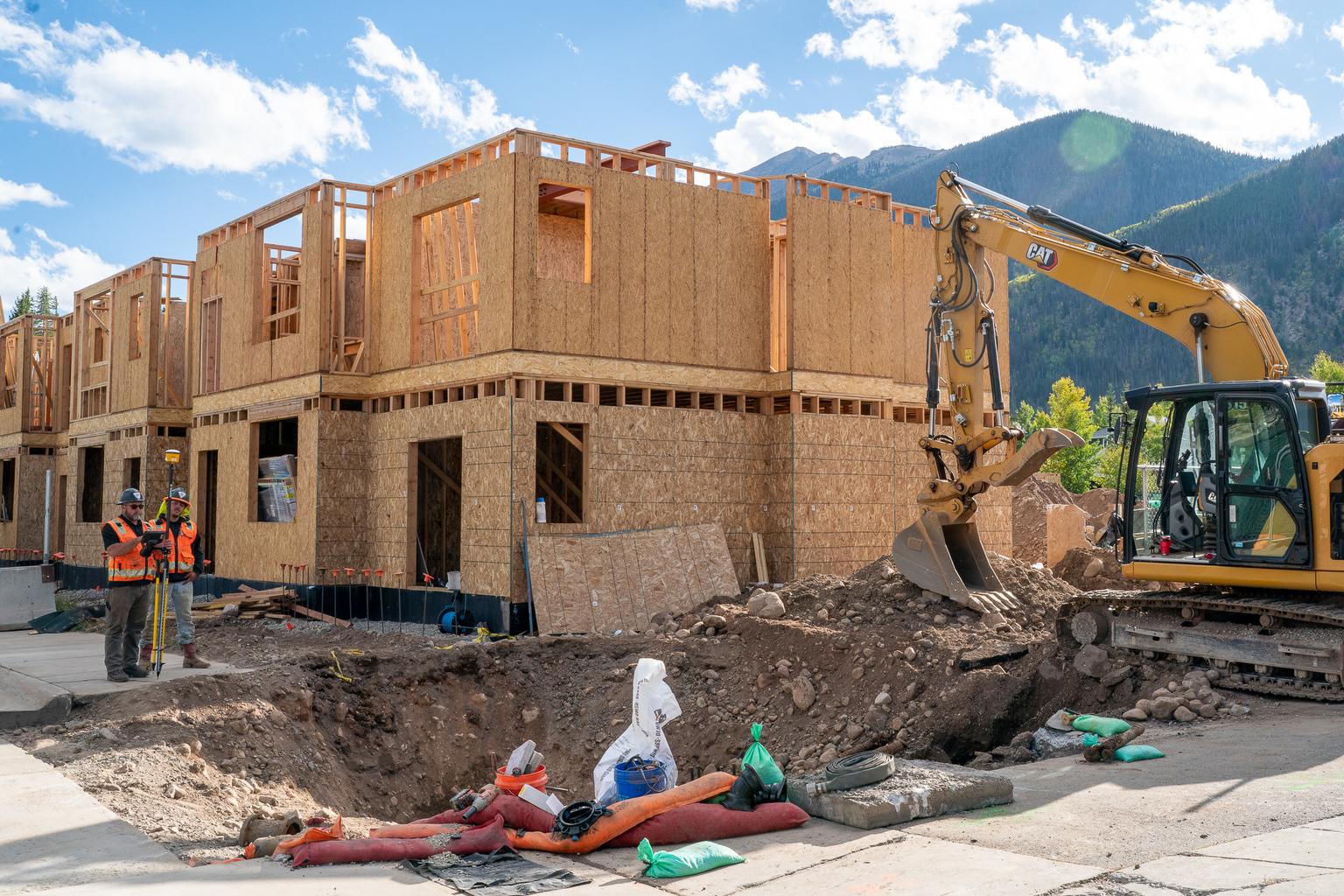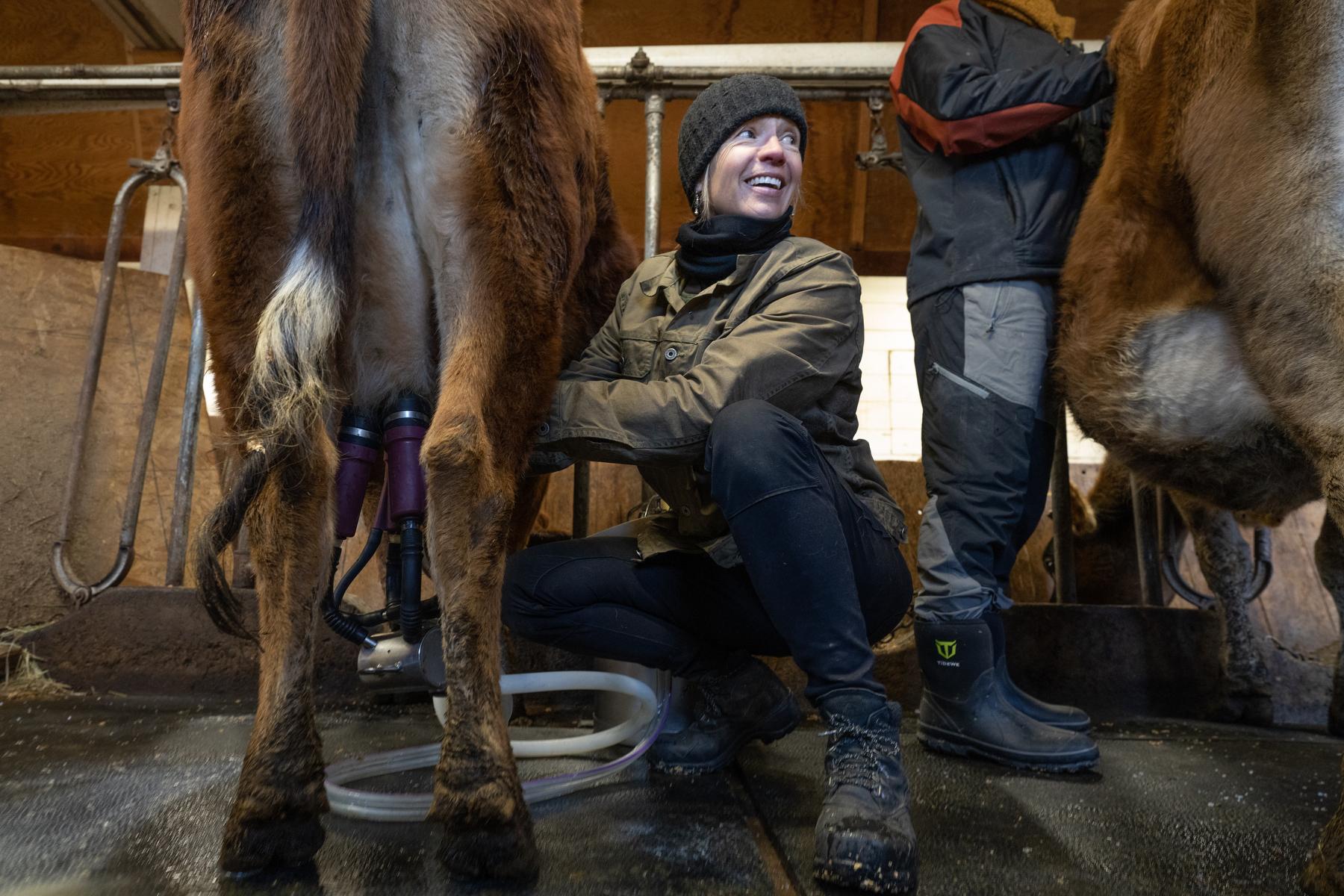
Hikers in the Rocky Mountain West have a new tool to help scientists monitor pikas, animals known for looking a bit like stuffed animals and loudly squeaking whenever someone invades their alpine homes.
Pika Patrol, a mobile phone app designed by Colorado researchers and conservation groups, gives citizen scientists a portal to observe and track the climate-sensitive rabbit relatives. Data collected from users will help researchers find places where pikas might survive as alpine habitats grow hotter and less suitable for the squeaky, charismatic fur balls.
"We're really looking for those places where pikas will be resilient to climate change and what else we can do to protect them," said Megan Mueller, executive director of conservation group Rocky Mountain Wild and co-director of the Colorado Pika Project.
Over the last decade, conservation groups have made pikas into puffy icons of climate vulnerability. The species evolved to survive in high-elevation meadows and boulder fields, but many of those adaptations make them especially sensitive to rising global temperatures.
Thick fur, for example, leaves pikas vulnerable to overheating, Mueller said. The animals also collect plants in the warmer months and pile them into rock crevices as a winter-time food cache. Recently published research suggests climate change could shrink the amount of available vegetation and the snowpack pikas rely on for insulation.
The new phone app builds on the earlier Colorado Pika Project, a partnership between the Denver Zoo and Rocky Mountain Wild launched in 2010 to organize citizen scientists and collect field data from specific monitoring sites on the Front Range. More than 570 volunteers are now involved in the project.
Johanna Varner, a biology professor and pika expert at Colorado Mesa University, said the new app will help expand the project to casual hikers. Users can easily log pika sightings, photos and sound recordings and submit the information into a database accessible to researchers.
"It's designed for anyone who can operate a smartphone," Varner said. "If you're unfamiliar with what pikas look or sound like, there are training materials in the app."

She hopes users will generate new data that can further guide pika conservation efforts. A 2016 study alarmed scientists after it found pikas had disappeared from many of their historical habitats in California, Nevada, Oregon and Utah. A follow-up study discovered the animals had found new homes at lower elevations, suggesting the species could be more adaptable to warming temperatures than previously thought.
Varner said the species has proven more resilient in Colorado, possibly due to the state's variety of high-alpine habitats that might give pikas facing adverse conditions more favorable relocation options.
The new app could also help reveal which kinds of natural features might help pikas survive even longer. In analyzing the new stream of data, Varner plans to look carefully at the vegetation, animal populations, forest health and recent wildfire activity near the location of reported pika sightings.
Mueller, the executive director of Rocky Mountain Wild, said data from the new app will also help Rocky Mountain Wild determine which pika conservation efforts should be funded by carbon credits sold through the Colorado Carbon Offset Partnership.
The new program allows individuals or businesses to donate money to make up for their climate footprint. Eighty percent of the revenue goes to the Southern Plains Land Trust to purchase and preserve grasslands in southern Colorado that trap and store carbon that would otherwise become planet-warming gasses, she said. The remaining 20 percent goes to Rocky Mountain Wild to support future pika conservation efforts.
Many carbon offset programs have drawn criticism for offering vague promises or overstating their climate benefits. Mueller said that's not the case with this program, noting all donations help purchase grassland that would otherwise be converted, developed or plowed for crops.
"Then those areas are permanently protected, so it's a permanent carbon sink," she said.









